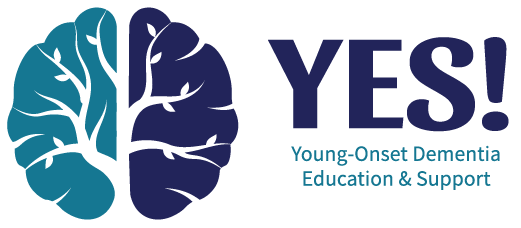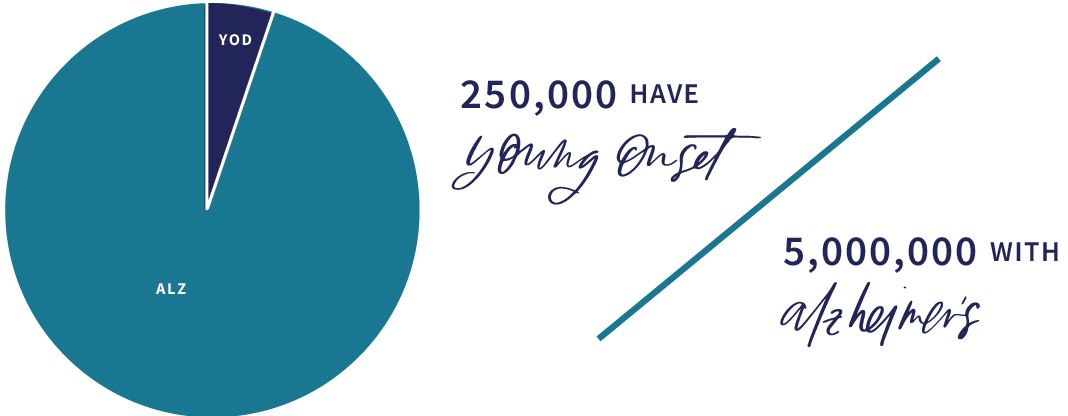Most people under 65 do not have the co-existing long-term medical conditions that older people experience, especially diseases of the heart and circulation. They are typically physically fit, and dementia may be the only serious condition that is affecting a younger person.
You may also hear YOD referred to as “early onset,” but to reduce confusion with “early stage” (meaning, in the first stages of the disease), the more clear “young onset” terminology is being adopted.
Many people with young onset are in their 40s and 50s. They have families, careers or are even caregivers themselves when this disease strikes. In the United States, it is estimated that approximately 250,000 people have young onset.
Since health care providers generally don’t look for dementia in younger people, getting an accurate diagnosis of young onset dementia can be a long and frustrating process. Symptoms may be incorrectly attributed to stress or there may be conflicting diagnoses from different health care professionals. People who have YOD may be in any stage of dementia — early stage, middle stage or late stage. The disease affects each person differently and symptoms will vary.
Doctors do not understand why most cases of YOD appear at such a young age. But in a few hundred families worldwide, scientists have pinpointed several rare genes that directly cause Alzheimer’s dementia. People who inherit these rare genes tend to develop symptoms in their 30s, 40s and 50s. When Alzheimer’s disease is caused by deterministic genes, it is called “familial Alzheimer’s disease,” and many family members in multiple generations are affected.
If you are experiencing memory problems:
- Have a comprehensive medical evaluation with a doctor who specializes in Alzheimer’s disease or dementia. Getting a diagnosis involves a medical exam and possibly cognitive tests, a neurological exam and/or brain imaging. Contact your local Alzheimer’s Association for a referral.
- Write down symptoms of memory loss or other cognitive difficulties to share with your health care professional.
- Keep in mind that there is no one test that confirms Alzheimer’s disease. A diagnosis is only made after a comprehensive medical evaluation.
From The Alzheimer’s Association


